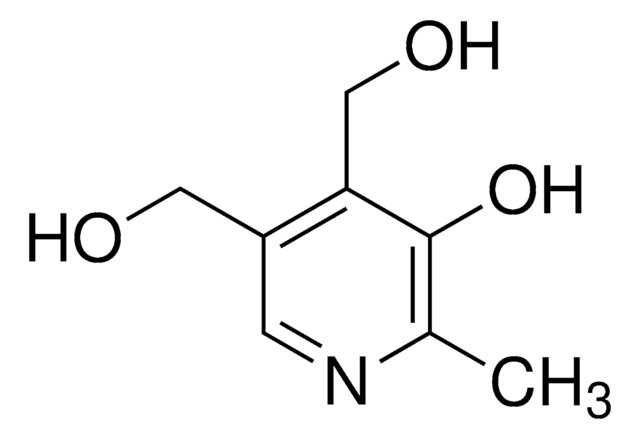S4500
L-Serine
≥99% (HPLC), ReagentPlus®
Synonym(s):
(S)-2-Amino-3-hydroxypropionic acid
About This Item
Recommended Products
product name
L-Serine, ReagentPlus®, ≥99% (HPLC)
Quality Level
product line
ReagentPlus®
Assay
≥99% (HPLC)
form
powder
color
white to off-white
mp
222 °C (dec.) (lit.)
solubility
H2O: 50 mg/mL, clear, colorless
application(s)
detection
storage temp.
room temp
Looking for similar products? Visit Product Comparison Guide
Application
Biochem/physiol Actions
Legal Information
Storage Class Code
11 - Combustible Solids
WGK
WGK 1
Flash Point(F)
Not applicable
Flash Point(C)
Not applicable
Personal Protective Equipment
Certificates of Analysis (COA)
Search for Certificates of Analysis (COA) by entering the products Lot/Batch Number. Lot and Batch Numbers can be found on a product’s label following the words ‘Lot’ or ‘Batch’.
Already Own This Product?
Find documentation for the products that you have recently purchased in the Document Library.
Customers Also Viewed
Articles
Neoplastic cells are highly dependent on the de novo synthesis of nucleotides to maintain sufficient pools to support DNA replication and the production of RNA.
Chromatograms
application for HPLCOur team of scientists has experience in all areas of research including Life Science, Material Science, Chemical Synthesis, Chromatography, Analytical and many others.
Contact Technical Service
